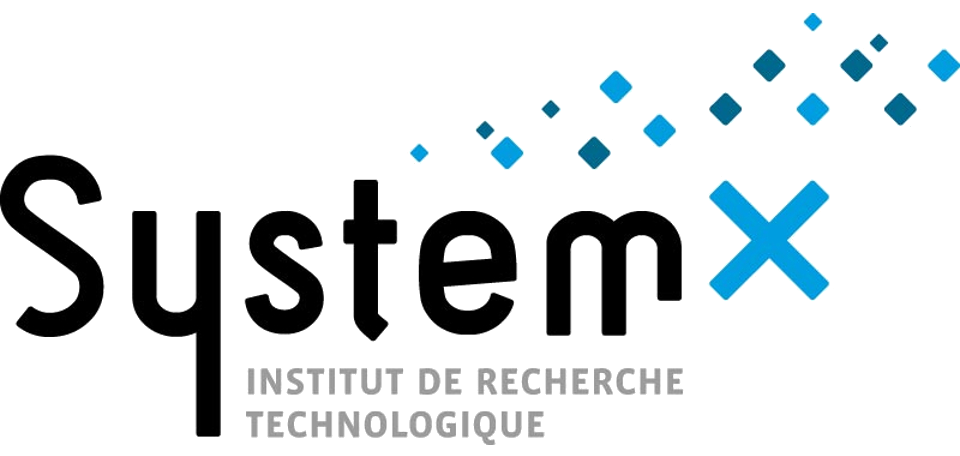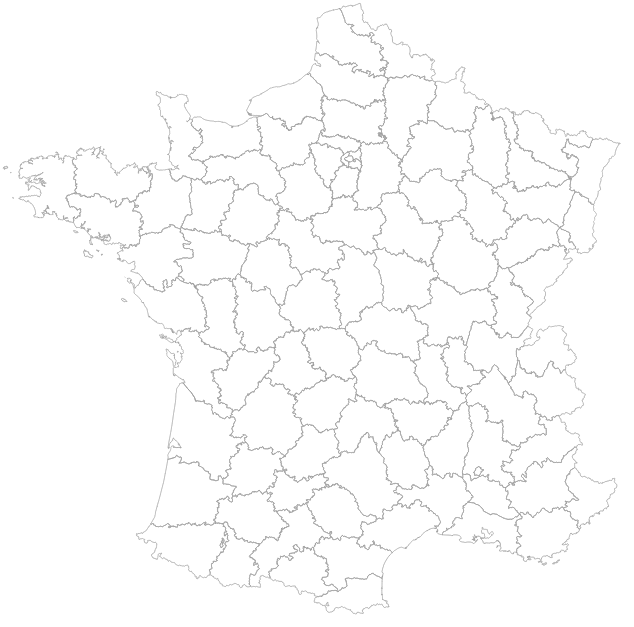
Synthetic population workshop
Introduction
Sebastian Hörl
8 November 2024
IRT SystemX
Today's workshop

- Population synthesis using the eqasim toolkit is gaining interest
- Transport (obviously)
- Energy
- Epidemics
- ...
- Various institutions and developers / researchers working with it
- Which components can be contributed?
- How can we make that easier?
- What is everybody's roadmap?
- What are opportunities for collaboration?
- (Today's focus is not the Java / transport simulation part!)
Users & Implementations























Users & Implementations























Contributions
Repository

Commits

Repository

Recent CHANGELOG

Contributing

- Make a fork & clone it

git clone git@github.com:user/ile-de-france.git
Contributing

- Make a fork & clone it
- Make a branch
git branch my_changes
Contributing

- Make a fork & clone it
- Make a branch
- Integrate your changes & commit & push
- Ideally, make use of Conventional Commits to name the commits
git commit -m "feat: new great feature"
git push origin my_changes
Contributing

- Make a fork & clone it
- Make a branch
- Integrate your changes & commit & push
- Send a Pull Request (PR) on Github

Contributing

- Make a fork & clone it
- Make a branch
- Integrate your changes & commit & push
- Send a Pull Request (PR) on Github
- Continuous testing will check the code

Contributing

- Make a fork & clone it
- Make a branch
- Integrate your changes & commit & push
- Send a Pull Request (PR) on Github
- Continuous testing will check the code
- Maintainers will review the changes before merging them in
Agenda



Synthetic population workshop
Roadmap
Short-term

- Update to new INSEE data sets (last update for 2019)
- Update website to give better information of the project
http://www.eqasim.org
Mid-term

- Currently, large confusion between the two major components of eqasim
Demand synthesis
pipeline
Standardized MATSim
with DCM
vs
- We propose
- transform into a specific project with focus on population synthesis
- stays eqasim as a simulation package
- contribute as much as possible back to matsim-libs


- In the midterm restructuring of the project is planned
- Currently, we have multiple individual cases with a lot of code duplication, not very modular
Mid-term
+ Munich (see later)

- In the midterm restructuring of the project is planned
- Step 1: Establish a common library of demand synthesis algorithms and wrappers around existing code and repositories (via dependencies)

Mid-term

- In the midterm restructuring of the project is planned
- Step 1: Establish a common library of demand synthesis algorithms and wrappers around existing code and repositories (via dependencies)
- Step 2: Replace custom pipeline by established tools such as Snakemake


Mid-term

- In the midterm restructuring of the project is planned
- Step 1: Establish a common library of demand synthesis algorithms and wrappers around existing code and repositories (via dependencies)
- Step 2: Replace custom pipeline by established tools such as Snakemake


rule step1:
params:
text="some text"
output:
"step1_output.txt"
script:
"step1.py"
rule step2:
input:
"step1_output.txt"
output:
"step2_output.txt"
script:
"step2.py"snakemake pipeline.smkMid-term

- In the midterm restructuring of the project is planned
- Step 1: Establish a common library of demand synthesis algorithms and wrappers around existing code and repositories (via dependencies)
- Step 2: Replace custom pipeline by established tools such as Snakemake
- Does not provide the required flexibility
Mid-term

Example: Brussels / Madrid
Pro
-
Shows nicely how we can distribute "recipes" of synthesis pipelines that can be reused
Contra
- File-based system is quite constraining
- Not easy to introduce parameters later on
- Not easy to perform parametric runs
Custom rewrite and improvement of synpp seems like the better alternative
Mid-term


Example: Brussels / Madrid
Pro
-
Shows nicely how we can distribute "recipes" of synthesis pipelines that can be reused
Contra
- File-based system is quite constraining
- Not easy to introduce parameters later on
- Not easy to perform parametric runs
Custom rewrite and improvement of synpp seems like the better alternative
Mid-term


Implementation
- Drafting and testing beginning of 2025
- IRT SystemX / ETH Zurich
Mid-term


Synthetic population workshop
Projections by department
Projections by department

- Previously, we had implemented functionality to use INSEE projection data
- For each year, marginals of sex and age, France-wide
- Implementation: Perform an Iterative Proportional Updating (IPU) on the households / persons of the census data (2019) to obtain weights that fit the selected age / sex marginals and totals
- Works well country-wide (this is how we validated)
- BUT: Questions arise regarding the local weighting per department: Were they coherent?
Projections by department

- Since 2024 INSEE publishes population projections by age, sex, and department, which is better suited to our use case
- Until 2070 for various scenarios (Central, Low growth, High migration, ...)

Projections by department

- We have updated the pipeline to make use of the new data.
- Same concept: Perform an IPU, but we can now do it per-department, no need to reweight the whole census.
- Gives correct per-department totals
Projections by department


RP2019
INSEE
Synthetic
Projections by department



Projections by department

- PR is ready, doing some final tests


Synthetic population workshop
Munich implementation
Munich implementation

- Developed in the framework of the MINGA project at TU Munich
- Much less data available than in France, often only highly aggregated
Idea
- Start with the Île-de-France pipeline
- Make use of the aliasing functionality of synpp to replace those data sets / pipeline parts that are not available in Germany
- Similar approach followed for Cairo (see last year)
- But this time, the resulting population is also open and replicable!
Munich implementation

Reminder: aliasing functionality
-
synpp allows you to replace existing stages by new ones. Whenever the original one is requested, the overriding one is provided.
- This way you can override certain functionalities along the pipeline.

Munich implementation

Reminder: aliasing functionality
-
synpp allows you to replace existing stages by new ones. Whenever the original one is requested, the overriding one is provided.
- This way you can override certain functionalities along the pipeline.


Munich implementation

Munich pipeline
- No detailed census like the RP available in Germany
> Used marginal data per age x sex x municipality to inject a "fake" RP
> Iterative Proportional Fitting to fuse various marginal data sets
- No detailed commuter matrix like MOBPRO available in Germany
> Used marginals per "Bezirk" of employed people
> Used a Euclidean-distance-based Gravity model to inject a "fake" MOBPRO
- No detailed HTS accessible for us
> Used activity chains from the ENTD (assuming that structure of chains is similar
- No SIRENE / BPE for activity locations available
> Used OpenStreetMap data filtered by tag (schools, restaurants, ...)
- Several minor modifications
> Overriding of car availability, pt subscription sampled from marginal data
- All other pipeline elements run basically without modification!
Munich implementation

Munich pipeline

Munich implementation

Validation
- A report on the relevant Household Travel Survey from 2011 exists (MiD)
- It provides various high-level statistics (mode shares, median distances, ...)
- We can use those to compare the generated population and the simulation results
- Note: Simulation required additional steps (calibrating ASCs of the choice model, adjusting capacities in the network, ...)
Munich implementation

Home location density

Munich implementation

Work activity density


Munich implementation

Work trips



Munich implementation

Comparison MiD

Munich implementation

Comparison MiD

Munich implementation

Comparison MiD

Munich implementation

Comparison MiD

Munich implementation

Comparison transit flows

Munich implementation

Comparison car travel times
1000 random car trips across population
Based on TomTom routing API

Munich implementation

Next steps
- Some last calibration
- Demonstration of some use cases (see policy PR in eqasim-java)
- Publication as open source!
Munich implementation
